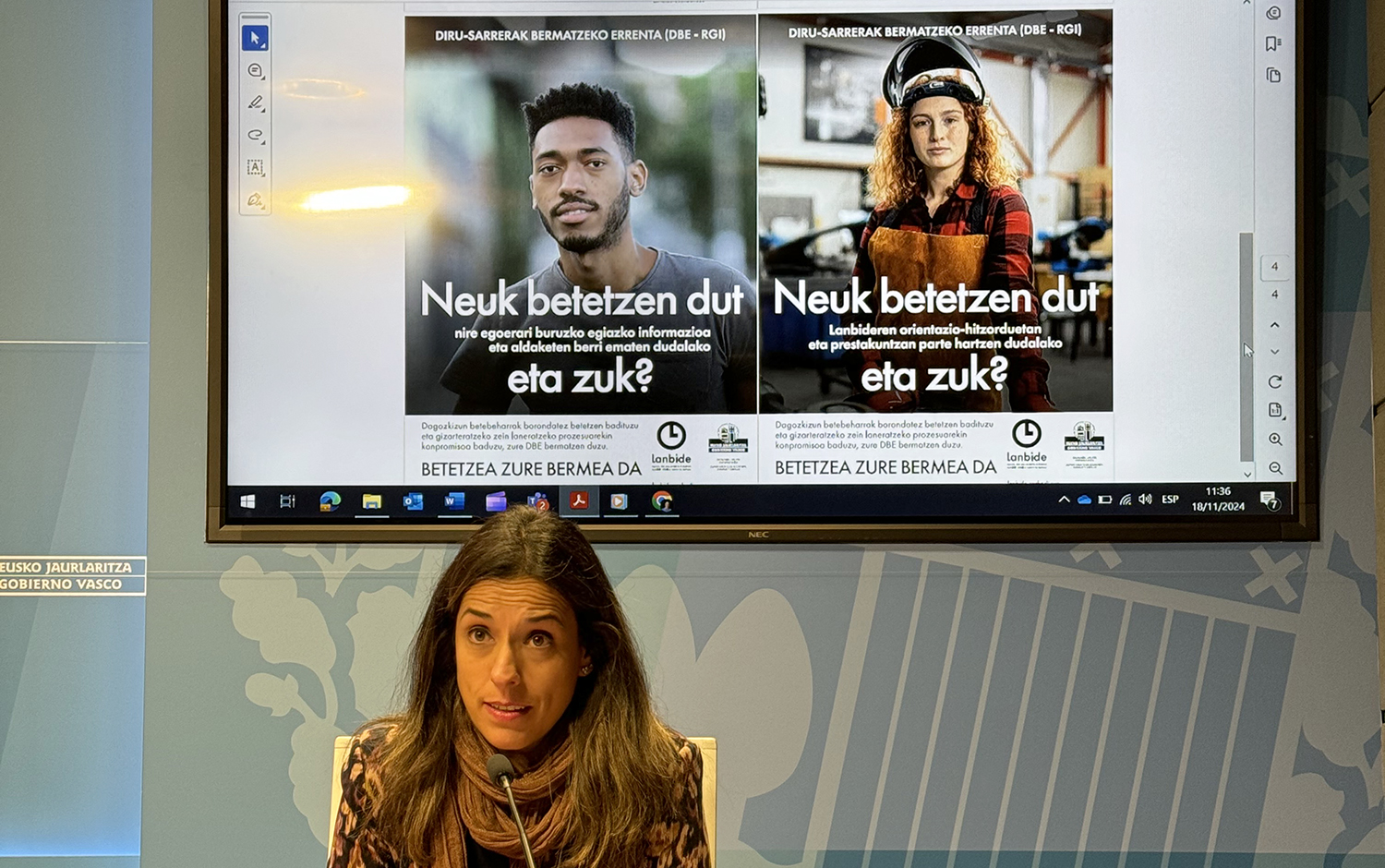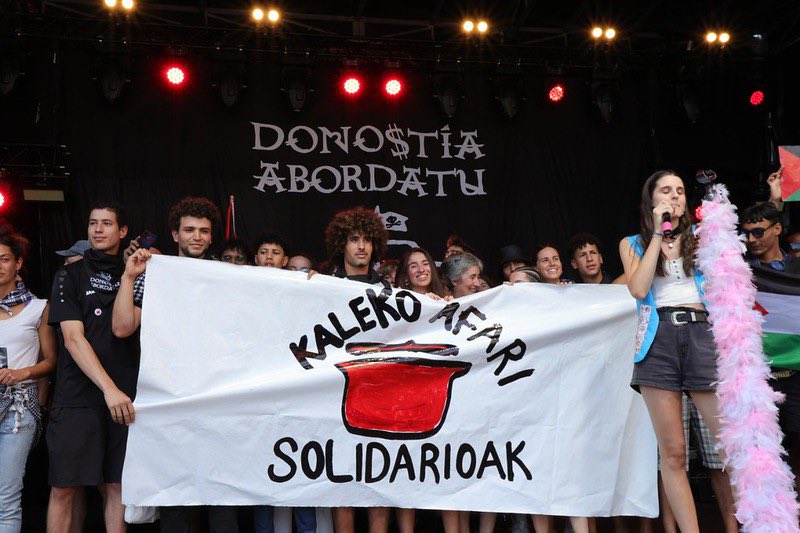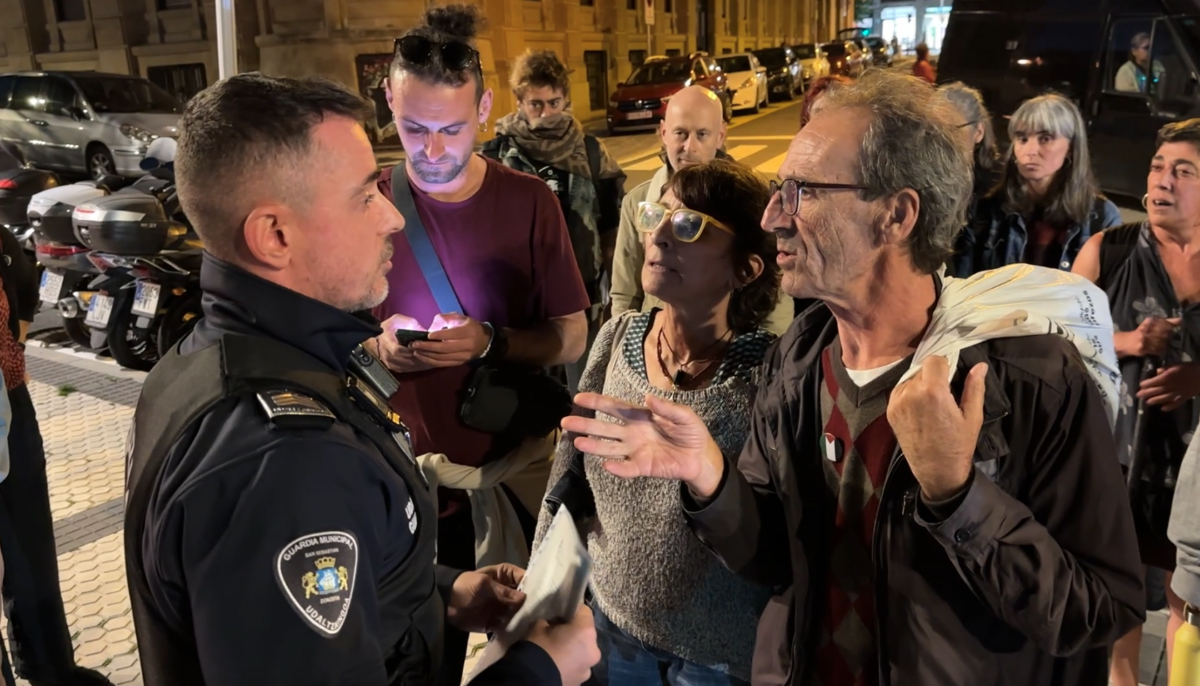How to live in cities with detroit or crisis without showers or tap water
- The toilet tank is empty. Water to flush teeth in the bottle. When getting up in the morning, wash your body with heated water in a casserole. Watch out for what you spend on washing the dishes of the meals. How do you dribble when you've been cut off the water? Forget about the flowers on the balcony. Who remembers the grass. Thousands of families have regressed over time in the impoverished suburbs of the cities of the rich world.
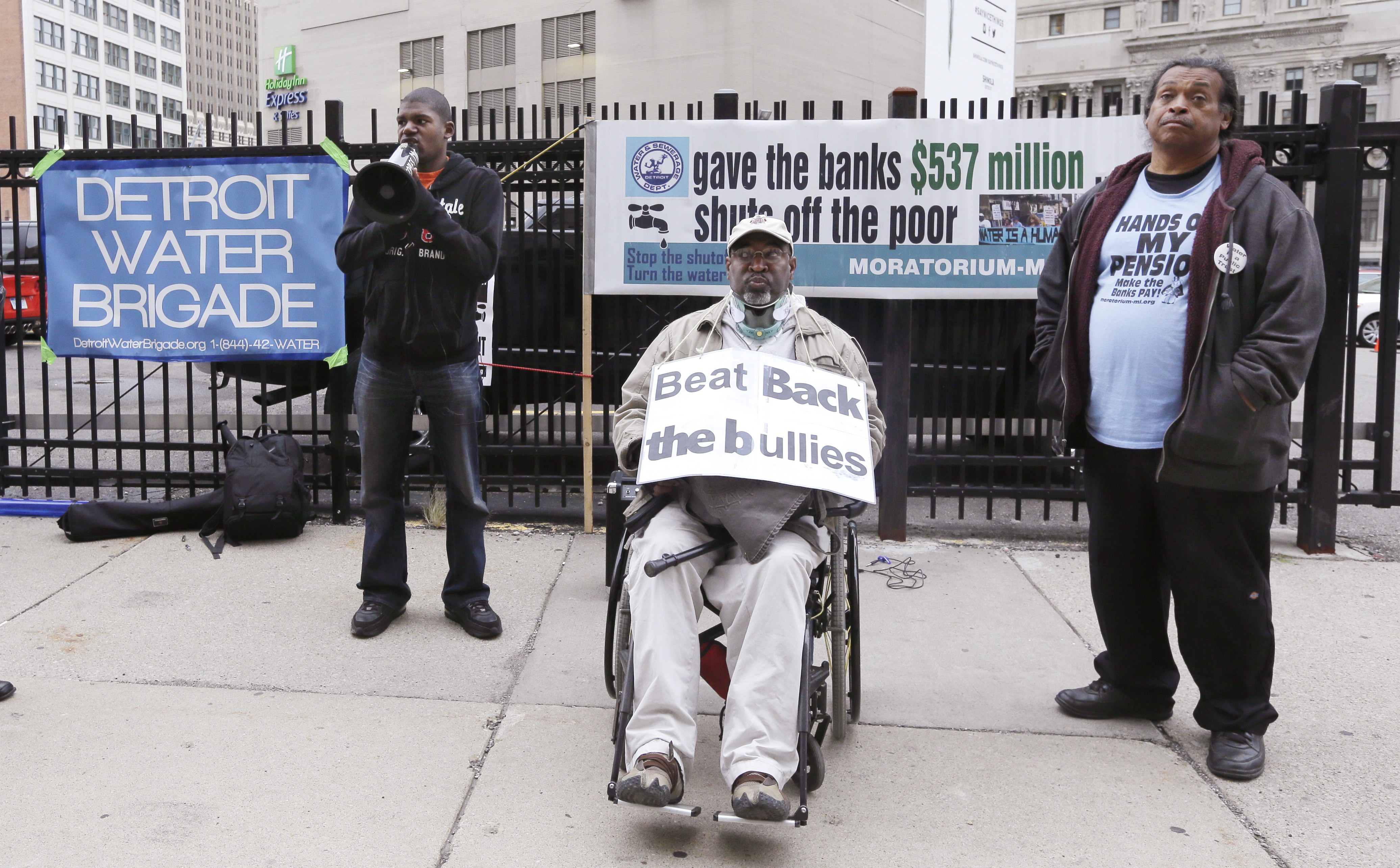
Every day, Catherine Caldwell climbs three bottled gallons (11.3 liters) of water to the bathroom, two gallons (7.5 liters) more to the kitchen. With those 19 liters the family of four will have to wash their hands, flush the ones made in the toilet, cook and clean the dishes, warm to the fire. I had to shower to the floor of my mother-in-law, beyond some blocks.
Calwell, 44, her husband and two small grandchildren have been running for four months without running water in Detroit. Every 15 days, they're bottled by We The People of Detroit. This is the second time in the last three years that work is being done in this field. Since the bill has not come to them, the company has interrupted them.
Journalist Zenobia Jeffries has reported in Yes magazine that these are commonplace things in Detroit, where the proportion of poverty among citizens reaches 40%. Here the price of tap water has doubled over the last ten years. Thousands of families owe the bill to the City Council, which has publicly acknowledged that it has made 50,000 cutbacks to its debtors since it began its stock-out campaign in 2014.
In that year, the City of Detroit went bankrupt and the source closed to 900 families who had paid their invoices at one time or another for late debts. There are currently between 10,000 and 20,000 families without this basic service and 45,000 more who still have water thanks to special aid for the poorest, who can stay on land at any time.
The unavailability of sources is not the first, or the only, of Detroit families. In 1950, this city was 1.8 million inhabitants, and it plunged into a deep crisis after the oil shock of 1973, when the large petrol tug manufactured here sank into the market. Since then, Detroit has not risen again and today has over 700,000 inhabitants, which breaks the mark of poverty.
Similar stories can be heard in several cities across the United States. Rates increased by 41% between 2010 and 2015. The Public Environmental Protection Agency (EPA) estimates that an American family consumes an average of 1,500 liters of water per day and costs almost 5% of water revenue.
Elizabeth A. Mack and Sarah Wrase analyze the problem in a study that covers the entire American geography: “If the water rate continues to grow in the next five years, as planned, that 11.9% of families who today don’t pay in the United States. This is a serious problem because of the economic effects it will have on the cascade; when water service providers have fewer customers, they will have to raise the price even further to compensate for the costs of those who do not pay.”
It will not be easy to solve the problem. Climate change increases water consumption while reducing the flow of nearby mountains and groundwater. The growth of cities to remote neighborhoods, the suburbanized model of small houses that North America has become fashionable around the world, is an increasing source of expenditure. At the same time, the decline in population and economic activity in cities like Detroi increases the share of the invoice per inhabitant. Infrastructure failures built in the heat of growth cannot be repaired, the necessary new ones cannot be built...
Unable to wake up from the American dream
Presbyterian organization We The People of Detroit offers citizens a water emergency phone for mobiles and mobile phones. The People’s Water Board Coalition has been organised together with 50 other charitable and solidarity associations since 2008. Volunteers help them locate the water distribution area of the area or negotiate with the city council the arrears. Some 120,000 families (some 300,000 inhabitants, even though it is a lie) are in the city at risk of running out of tap water sooner or later.
Lack of information is one of the major problems encountered in helping the most disadvantaged citizens, as the situations generated by poverty are generally far from statistics. To begin with, they have made a map of water cuts, drawing a surprising X-ray of a city in decline with the crisis: if families living without water are below 5% in many downtown neighborhoods, the percentages increase as they move away in the periphery… until more than half of the families that do not have tap water.
The study of the size of the emergency, entrusted to students and academics, has been used quantitatively the CASPER methodology, which measures the need for medical and health services after disasters, to know the consequences of water cuts in hospitals. Qualitatively, 40 volunteers have been trained to methodologically interview those affected and assess the psychological and social consequences of the emergency.
“Through these models we want to know the health needs of the city in the midst of this financial catastrophe and the photograph of the damage that has affected the most vulnerable citizens. We all deserve to live in healthy, cohesive communities. Unfortunately, the daily bread of tens of thousands of people in Detroit is that they have to fight to achieve human rights, including the right to good, clean and cheap water.”
Although it is an extreme example of the forces, money and empty cities and neighborhoods of population after the dismantling of the industry in the city of Michigan, it is also an indicator of the problems that more and more citizen societies suffer in the 21st century. Many of the neighbourhoods, infrastructure and services built during the warm decades of growth are now becoming as expensive as they are unbearable.
The need for private cars, the care of private lawns on many occasions, the difficult maintenance of supplies of gas, electricity and hazelnuts… As the crisis deepens, life on the outskirts that was in fashion has become more complicated and more and more families than the administration condemns to survive at its expense.
Zenobya Jeffries says in her report that Mrs. Caldwell, who has bought the right tool from the hardware store, has opened the water key in her own hand to bring her home, something nobody can touch except the municipal employees. Take the water from the village into the trap, like many others. This felony is sentenced to five years in jail in the United States. “I’m not going to lie to you, I’ve opened the way. I know I risk jail, but I have grandchildren at home.”
Zenbait urtetatik hona sarri entzuten dugun kontzeptua da zaurgarritasuna. Gaur gaurkoz, diskurtso politikoetan pertsona zaurgarriez aritzea ohikoa da. Seguru nago nik ere inoiz erabili dudala berba hori Bizilan.eus webgunean, eskubide laboralak eta prestazio sozialak azaltzeko... [+]
Wikipedian bilatu dut hitza, eta honela ulertu dut irakurritakoa: errealitatea arrazionalizatzeko metodologia da burokrazia, errealitatea ulergarriago egingo duten kontzeptuetara murrizteko bidean. Errealitatea bera ulertzeko eta kontrolatzeko helburua du, beraz.
Munduko... [+]
Gasteizko Errotako (Koroatze) auzoan izan diren manifestazio "anonimoek" kolokan jarri dute auzokoen arteko elkarbizitza. Azalera atera dituzte ere hauetan parte hartu duten partidu politiko batzuen eta beste kide batzuen izaera faxista eta arrazista.
In this frenetic and vertiginous world in which we live, the social changes that take place little by little seem to us to be sometimes imperceptible, irrelevant or insignificant. That is not the case, however, and we have to be aware of it in order to act wisely. An example of... [+]













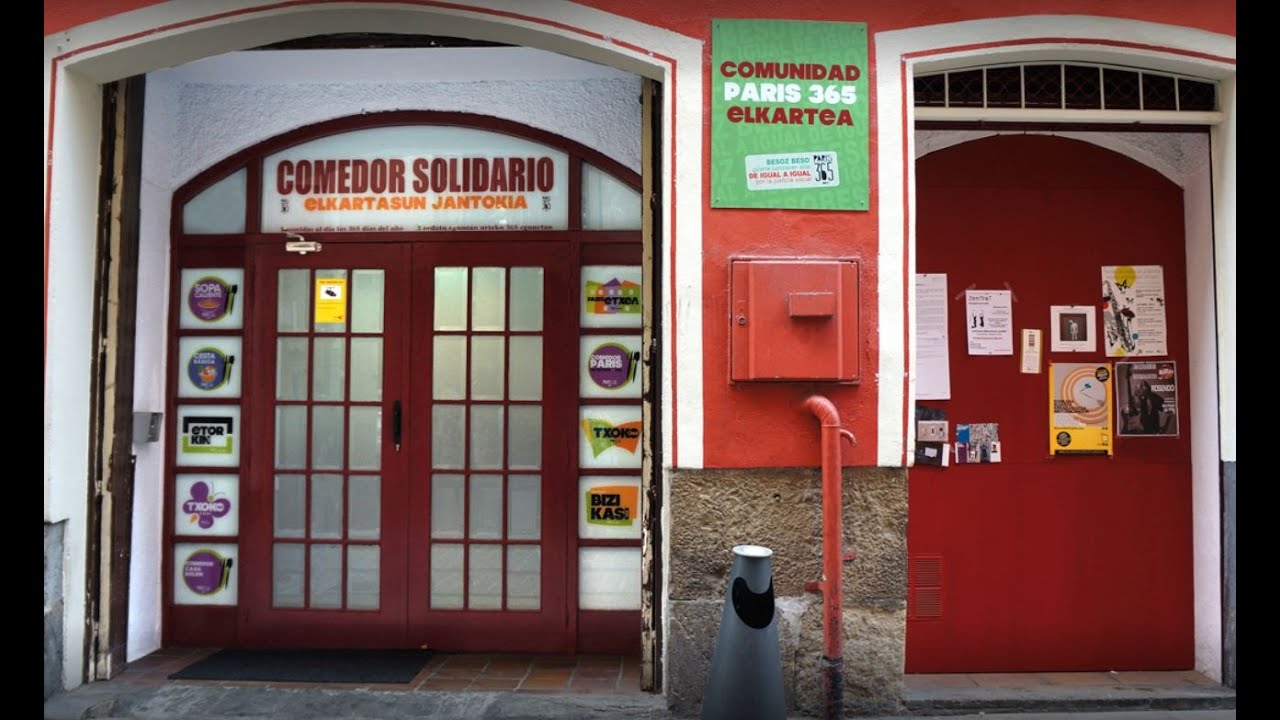

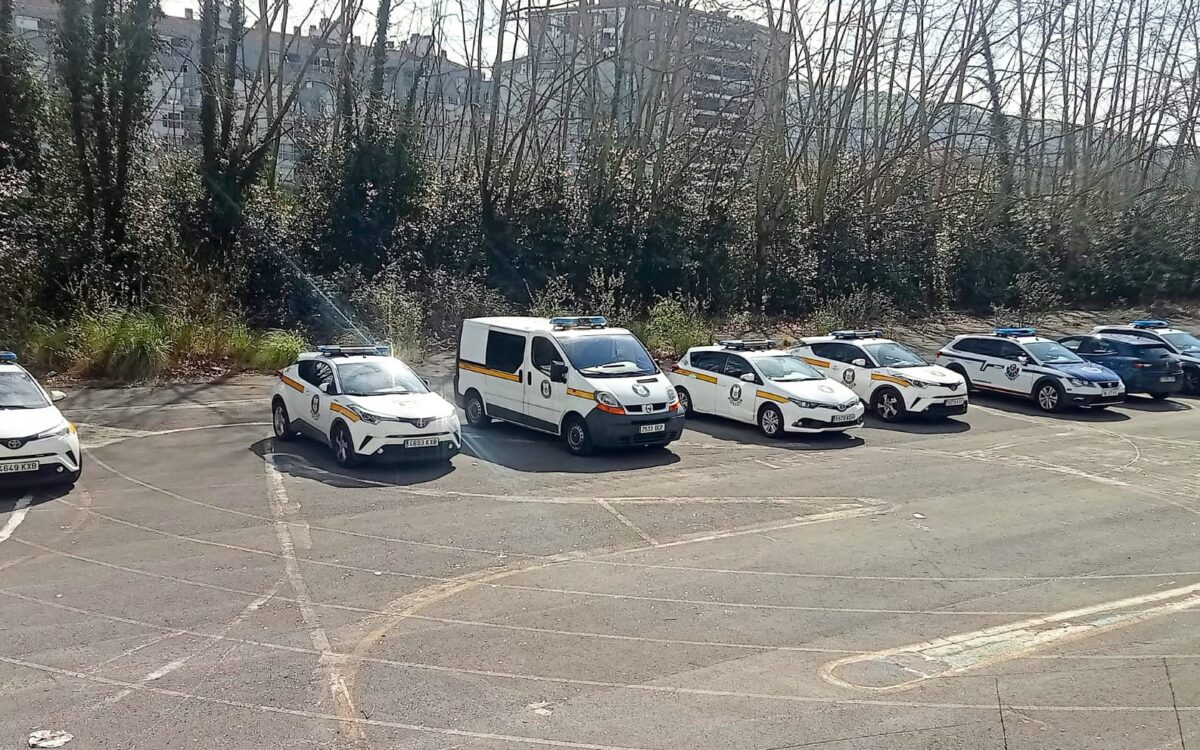

.jpeg)
